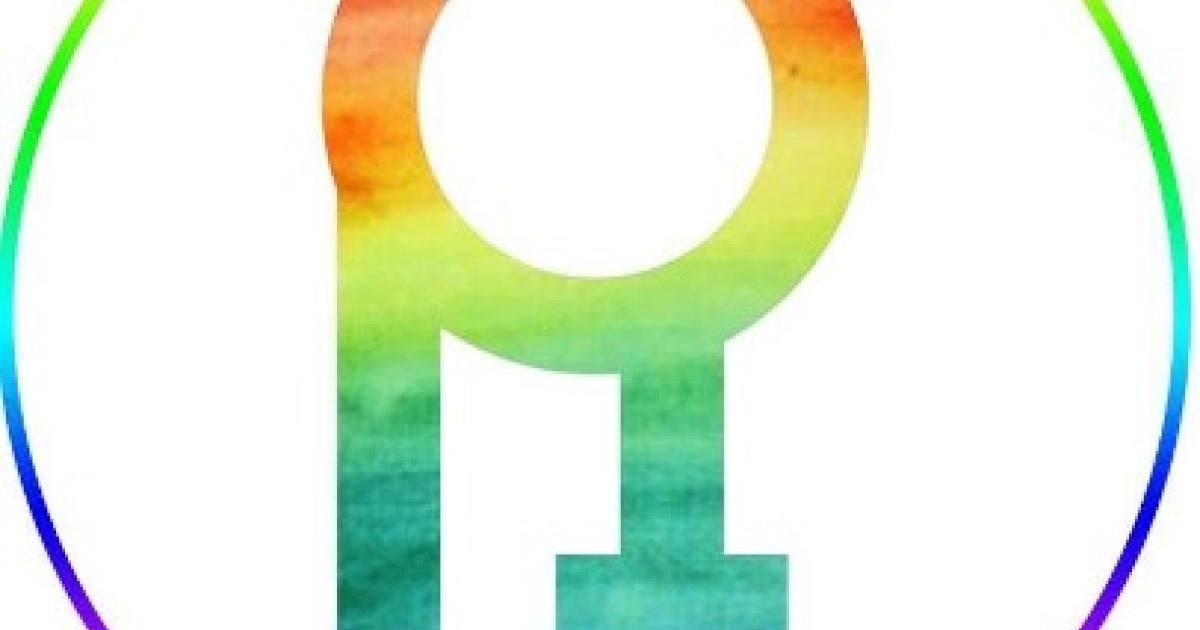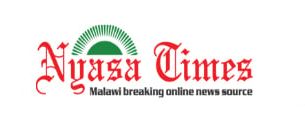(Beirut) – A court in the Kurdistan region of Iraq dealt independent civil society a blow on May 31, 2023, by ordering the closure of Rasan Organization over “its activities in the field of homosexuality,” Human Rights Watch said today. Rasan is the only human rights organization willing to vocally support lesbian, gay, bisexual, and transgender (LGBT) rights in the Kurdistan Region of Iraq (KRI), in addition to its work on women’s rights and domestic violence.
“Shuttering Rasan is not only an attack on civil society in Kurdistan but is also a direct threat to the lives and wellbeing of the vulnerable people they support,” said Adam Coogle, deputy Middle East director at Human Rights Watch. “By closing Rasan, the government has sent a clear message that it does not respect freedom of association.”
Tanya Kamal Darwish, CEO of Rasan Organization, told Human Rights Watch that the purported reason for closing the group down was not because of its activities, but because the judge took issue with its logo, which contains the colors of the rainbow. The court order states that “the expert committee confirmed that the logo of the organization is a complete expression of its activities in the field of homosexuality.”
Rasan has appealed but is unable to continue operating while the appeal is pending.
The closure of Rasan is part of a broader pattern of oppression and targeting of LGBT people and activists by local Kurdish authorities in recent years. Human Rights Watch has previously documented the targeting of LGBT people online and violence against LGBT people by armed groups in Iraq, including the regional government.
The closure is the result of a lawsuit filed against Rasan in February 2021 by Omar Kolbi, a member of the Kurdistan Parliament, who accused Rasan of “promoting homosexuality,” and “engaging in activities that defy social norms, traditions, and public morality.” Kolbi also submitted a complaint to Barzan Akram Mantiq, the head of the Kurdistan Regional Government’s Department of Non-Governmental Organizations, an official body responsible for registering, organizing, and monitoring all nongovernmental organizations in the region.
After the suit was filed, local police issued arrest warrants for 11 LGBT rights activists who were either current or former employees at Rasan based on article 401 of the penal code, which criminalizes “public indecency.”
“The Department of Non-Governmental Organizations is supporting MP Kolbi’s complaint against us, but that is backward,” Darwish said. “The department should have been supporting us, not standing against us.”
Darwish said that the trial, which took place last year, focused on the activities of Rasan and never mentioned any issues with the group’s logo. “They were asking about our activities, and we told them what we do,” Darwish said. “We focus on human rights. Anyone who comes to us with a problem we help without any discrimination.”
Rasan found out about the issue with the logo only when the court decision was published. “We weren’t expecting them to take any action against us, since we weren’t doing anything illegal. They used the logo as an excuse because they couldn’t find anything illegal in our activities,” Darwish said.
Rasan, which has operated in Sulaimaniya, a city in the Kurdistan region, for nearly two decades, has faced increasing threats and official retaliation for its activism and work. The group provides legal, psychological, and social support for women and LGBT clients, raises awareness of LGBT and women’s rights, and collects and compiles data relevant to LGBT people and gender-based violence.
In September 2022, members of the Kurdistan Regional Parliament introduced the “Bill on the Prohibition of Promoting Homosexuality,” which would punish any individual or group that advocates for the rights of LGBT people. Under the bill, the vague provision against “promoting homosexuality” would be a crime punishable by imprisonment for up to one year and a fine of up to five million dinars (US$3,430). The bill would also suspend, for up to one month, the licenses of media companies and civil society organizations that “promote homosexuality.”
Momentum for adopting the bill appears to have stalled, but in the context of repeated targeting of LGBT people, local LGBT rights activists fear it could be quickly revived and passed at the whim of local authorities.
“By going after Rasan, authorities are effectively scapegoating activists working to protect among the most vulnerable members of society, who should not fear reprisals for speaking up about abuses,” Coogle said. “The Kurdistan Regional Government should take immediate steps to ensure that organizations like Rasan are permitted to operate freely and cease harassment and targeting of LGBT advocates.”



